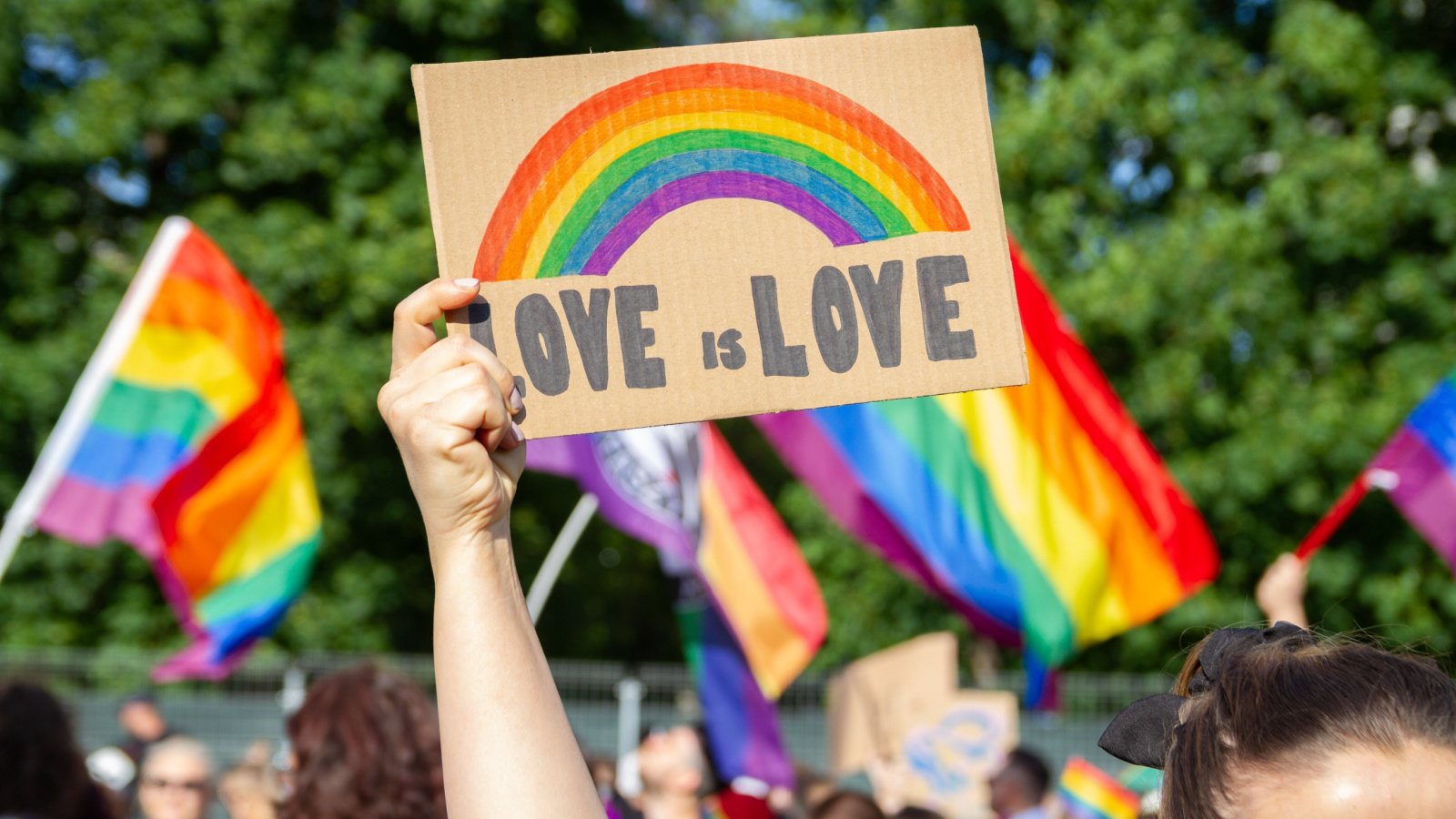Transgender individuals face widespread misconceptions that affect how they are perceived and treated in society, perpetuating discrimination. By understanding the truth, we can build a more inclusive and informed society where everyone is respected for who they are. Let’s take a closer look at the transgender community and the challenges they face.
Being Transgender is a Choice

Many believe that being transgender is a decision rather than an inherent aspect of a person’s identity. Transgender people experience a profound inherent incongruence between their assigned sex at birth and their true gender identity. This is not a lifestyle choice but a realization of one’s authentic self.
All Transgender People Undergo Surgery

There is a common assumption that all transgender individuals will seek gender-affirming surgery. In reality, transitioning is a personal journey, and not all transgender people desire or can afford such procedures.
Transgender is a Modern Concept

Transgender individuals are often viewed as a modern phenomenon, yet gender diversity exists in many cultures throughout history. Many indigenous societies around the world recognize multiple gender categories.
Transgender People Are Confused

A prevalent misconception is that transgender individuals are confused about their gender identity. In contrast, most transgender people have a clear and profound understanding of their gender identity. The confusion often lies within society’s reactions and not in the individual’s self-perception.
Hormone Therapy is Dangerous

Some assert that hormone therapy for transgender individuals is harmful and reckless. Hormone replacement therapy is a medically supervised treatment that has been scientifically proven to be safe and beneficial for many transgender people.
Transgender People Are Gay

Conflating gender identity with sexual orientation is a common error; being transgender is about gender identity, not sexual orientation. A transgender person can be straight, gay, bisexual, or any other orientation. Their gender identity does not inherently determine who they are attracted to.
Gender Binary is Absolute

Society often views gender as a binary concept, limited to male and female, but gender is actually a spectrum. Transgender people show us that gender identity can be diverse and is not necessarily aligned with biological sex.
Trans People Are Easy to Identify

There’s a stereotype that you can always tell if someone is transgender. Many transgender people blend seamlessly into the societal norms of their true gender. Gender expression varies greatly, and assuming a person’s transgender status based on appearance is misleading and invasive.
Transitioning Solves Everything

It’s a misconception that once a transgender person transitions, all their challenges will vanish. While transitioning can greatly improve quality of life and mental health, it doesn’t erase the prejudice they face.
All Transgender Experience Dysphoria

Gender dysphoria — distress caused by a discrepancy between a person’s gender identity and the sex assigned at birth — is not universal among transgender people. While many do experience dysphoria, others do not. Assuming all transgender people suffer from this, they can overlook the nuances of their experiences.
Transgender Issues are Over-Exaggerated

Some believe that the difficulties faced by transgender people are overemphasized or not as widespread as they seem. In reality, transgender individuals often face significant challenges, including higher rates of violence, discrimination, and mental health issues than cisgender people. Acknowledging and addressing these disparities is crucial for their safety and well-being.
They Demand Special Rights

The fight for transgender rights is often misrepresented as a demand for special privileges. Transgender individuals seek equal protection under the law, not special treatment. These rights are essential for allowing them to live safely and authentically.
Children Are Too Young to Know

Claiming children are too young to understand their gender identity dismisses the real experiences of transgender youth. Many transgender people report knowing their true gender from a very young age. Supporting transgender children in their self-identification is crucial for their emotional and psychological health.
It’s Just a Phase

Dismissing someone’s transgender identity as a phase is both harmful and disrespectful. For most transgender individuals, their identity is a core aspect of who they are, not a temporary stage. This misconception can prevent people from accessing the support and medical care they need.
Transgender People Are Unsafe

A dangerous and unfounded myth is that transgender people pose a safety risk, particularly in bathrooms. There is no evidence supporting claims that transgender people are more likely to engage in inappropriate behavior. These narratives are used to justify discriminatory practices and policies.
Only Young People Are Transgender

Assuming only the young identify as transgender ignores older individuals who come out later in life. People of all ages can be transgender; for many, the journey of self-recognition and coming out is a lifelong process. Respect and recognition should not be limited by age.
Transgender People Want to Erase Gender

Some think that transgender individuals aim to eliminate gender entirely from society. Most simply strive to live authentically within the existing framework of gender, not to abolish it. Their goals are personal happiness and societal acceptance, not revolutionizing societal norms.
All Transgender People are Sterile

It is incorrectly assumed that transitioning inevitably leads to infertility. While some treatments can affect reproductive abilities, not all do, and many seek to preserve fertility options. Discussions and decisions about fertility are part of the medical care process.
Transgender Rights Are a New Issue

Transgender individuals and advocates have been fighting for their rights for decades. The visibility and terminology might have evolved, but the struggle for recognition and equality is not new.
Being Transgender Is Related to Mental Illness

In 2012, the American Psychiatric Association explicitly stated that being transgender is not a mental disorder. Transgender people may experience mental health issues due to societal stigma, not because of their gender identity.
Support Ends After Coming Out

Believing that support is no longer necessary after a transgender person comes out overlooks the ongoing challenges they face. Continuous support from friends, family, and communities is crucial. Advocating for their rights and well-being doesn’t stop at coming out—it’s an ongoing commitment.
Gender Pronouns Are Unimportant

Misconceiving that using correct gender pronouns is trivial can be hurtful and invalidating to transgender people. Proper pronoun use affirms a person’s identity and shows basic respect. This small gesture can have a significant impact on their mental health and sense of acceptance.








